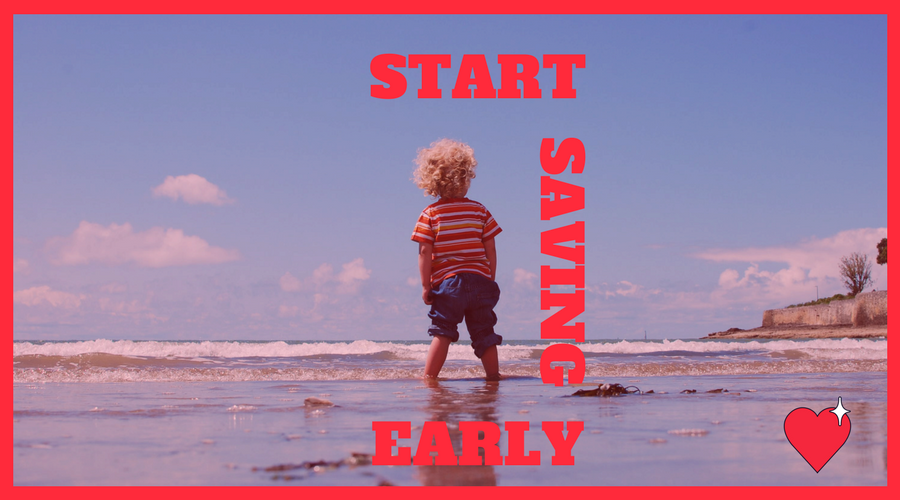How to Start Saving Smartly for Children?
It’s never too soon to start
For most of us parents, just buying a pram, a cot and a thousand muslin squares puts you on the back foot financially even before the baby is born. Then comes childcare (upwards of £66,000 in total according to recent figures), all the “essential” kit for feeding, sleeping (temperature-controlled heart-rate monitoring under-sheet for the Moses basket, anyone?) and keeping your little one stimulated, clean and looking sharp. Still, the latest stats on the total cost of raising a child are shocking: £277,266 according to recent official reports!
According to the Centre for Economics and Business Research, who produced this palpitation-inducing statistic, 21% of parents are delaying having more children because of the expense. After all, parents now have to spend a whopping 28% of their income on raising their child. Gone are the days of wrapping your baby in an old pillow case and bunging it in the dresser drawer, then feeding it bread and milk for five years before sending it out to work. And OK, that’s kind of a good thing.
If you’re hoping we have a magic wand to help you spend less on your kids, well sorry to disappoint but you’re just going to have to buy less stuff. What we can help with, however, are ways to start raising a financially conscious human being who won’t carry the burden of financial illiteracy in to the next generation of your family. And also one who, because of the savings accounts you could set up now, will cease to be a drain on your income asap. Imagine if your baby girl could pay for her own university tuition fees in 15 years time, leaving you and your husband to spend your income on hosting lavish parties in your newly empty nest? Or even have enough for a down-payment on a flat, so she doesn’t move back in with you until she’s 30?
Here’s how it’s done:
Junior Cash ISA’s
Just like a regular ISA, this is a way for you to put a little money aside each month for your child’s future and not pay tax on the interest. The money in the account will legally belong to your child - although you yourself have to set it up and pay in to it – and they will not be granted access to the funds until they turn 18. The maximum amount you can pay in each year is £4,260 but on reaching 16 the child can take out an adult ISA too, with its £20,000 limit.
Junior Stocks and Shares ISA’s
Instead of keeping the money you put aside in cash, you can invest it on behalf of your child. If investing is your thing, and you understand that your earnings can go down as well as up, you might consider opening one of these types of ISA and actually involve your child with the management of it. Sitting down as a family and talking about which companies (or funds or bonds or whatever else) you might want to invest in could be a great financial literacy lesson for your kids. Weathering the blows of the market as a group should make them less afraid of investing when they grow up and give them a vital understanding of the value of long-term thinking when it comes to money.
Children’s Saving Accounts
Your high street bank should offer a children’s saving account which your son or daughter can also actually use themself once they reach the age of seven. It means they can pay money in and withdraw it just like a grownup. Some children’s saving accounts also offer a cash card and an app to help them become money savvy (just Google “Bank card kids”). As with adult current accounts, there will be no big interest rate to get excited about, but what a simple and fun way to get your child started with using the apparatus of savings.
Pensions
Yes, you heard right: pensions. As in old age pensions. It might sound unbelievably far off but one day your little darling will be making her way in a world of goodness knows what kind of financial climate. We can’t know what the future will hold, but one thing we can be certain of is that getting a few hundred grand in late middle age will be a very nice gift to give your child after you’re gone.
Accessible once they’re 55 years old, this will be a pension fund started by you, the parent and transferred in to your child’s name once they’re 18. Anyone can contribute – parents, grandparents, other relatives – up to £2,880 annually and it will be topped up by the government by 20% too (to £3,600)! You can pay in more than that, but the government won’t contribute further. Like a stocks and shares ISA, these baby pension pots can go up and down with the fluctuations of the market, but the good news is you won’t pay tax on the profits earned.
Kerching!

